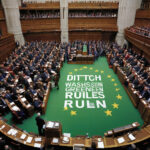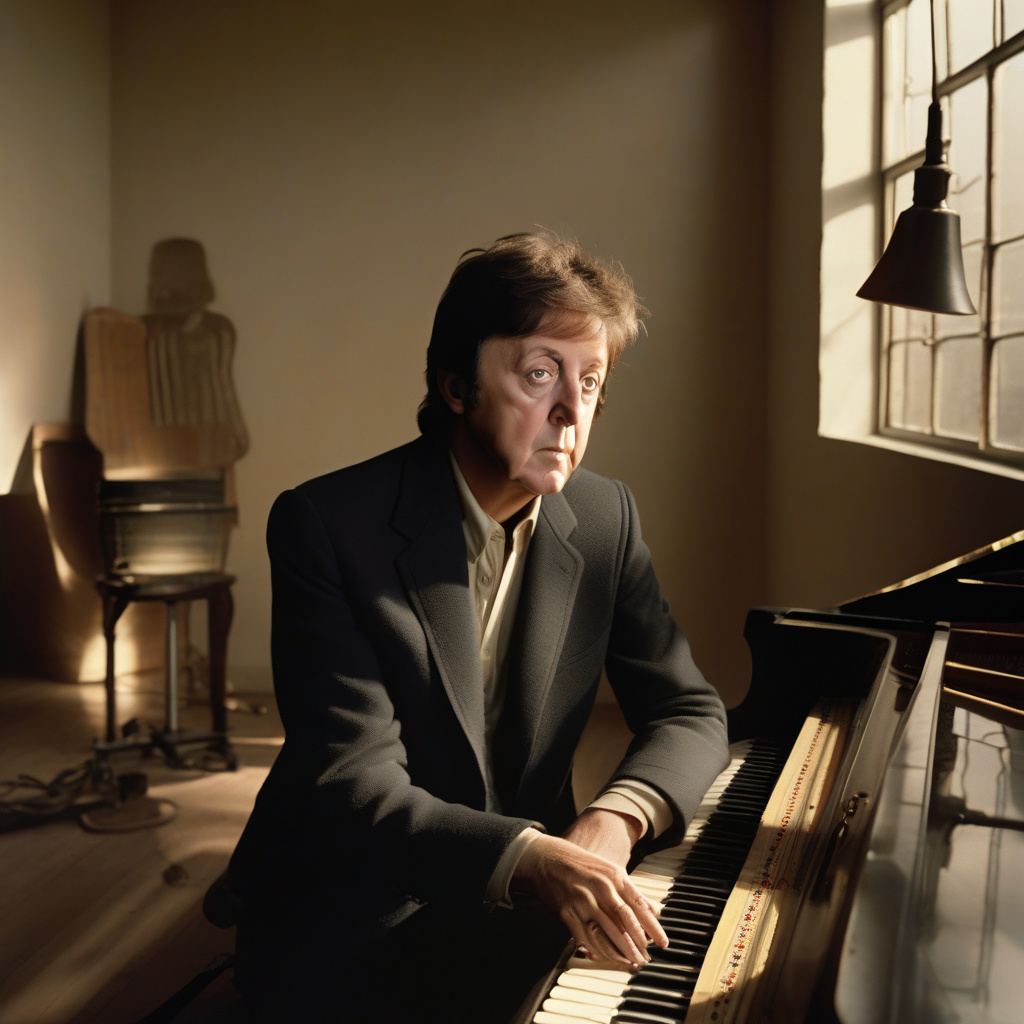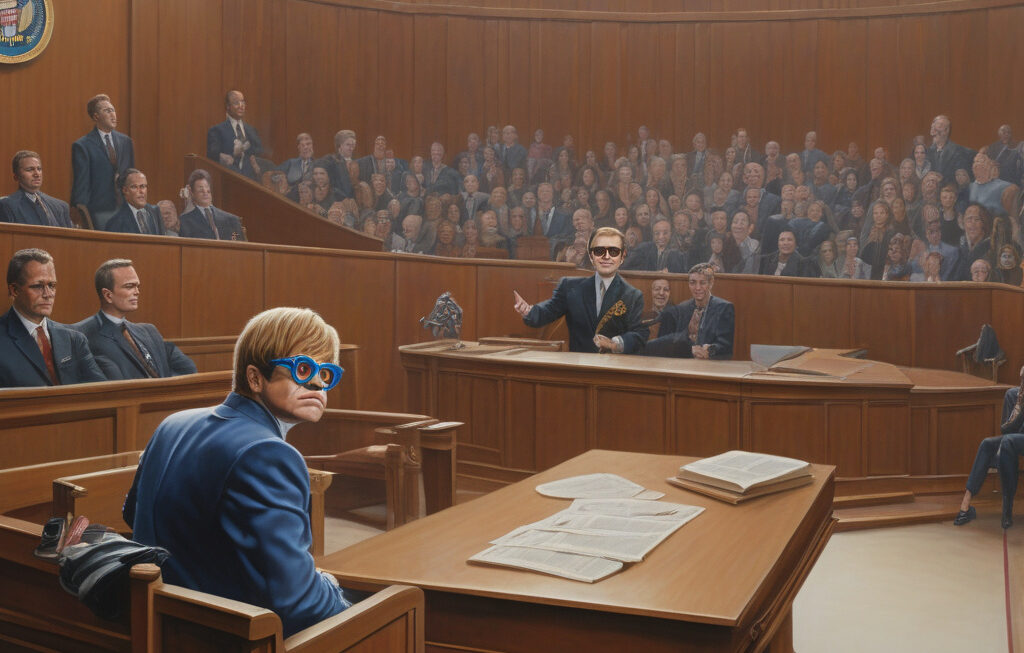Protecting Artists in the Age of AI: Paul McCartney’s Urgent Call for Copyright Protection
In today’s digital age, artificial intelligence (AI) has revolutionized many industries, including music. While AI has brought about incredible advancements in the way music is created and consumed, there is a growing concern about the potential exploitation of artists’ work. Legendary musician Paul McCartney has recently spoken out about the need for greater copyright protection in the face of AI’s rapid growth.
McCartney, known for his iconic contributions to the music industry as a member of The Beatles and a successful solo artist, has expressed worries about how AI technology could be used to manipulate or even replicate artists’ original creations without their consent. In a world where algorithms can now compose music and generate sounds that mimic human voices and instruments, the line between human artistry and artificial creation is becoming increasingly blurred.
As AI continues to evolve at a staggering pace, there is a pressing need for updated copyright laws and regulations to safeguard the intellectual property rights of artists. McCartney’s warning serves as a wake-up call to the industry, urging stakeholders to take proactive measures to ensure that artists are fairly compensated for their work and that their creative integrity is preserved in the digital landscape.
One of the key concerns raised by McCartney is the potential for AI to infringe upon artists’ copyright by replicating their unique style or sound. With machine learning algorithms capable of analyzing vast amounts of data to mimic artistic techniques, there is a real risk that AI-generated content could devalue the original creations of artists and undermine their ability to control how their work is used and distributed.
Moreover, the rise of AI-generated music poses a threat to the livelihoods of musicians and songwriters who rely on royalties and licensing fees for their income. As AI algorithms become more proficient at creating music that is indistinguishable from human compositions, there is a fear that artists could see a decline in their earning potential as their work is overshadowed by machine-generated content.
To address these challenges, McCartney is advocating for stronger copyright protections that take into account the unique complexities of AI-generated art. By updating existing laws to encompass the digital landscape and implementing mechanisms to track and regulate AI-generated content, artists can better safeguard their creative output and ensure that they are fairly compensated for their contributions to the music industry.
In addition to legal reforms, McCartney is also calling for greater transparency and accountability from tech companies and AI developers. By promoting ethical practices and responsible use of AI technology, stakeholders can work together to foster a creative ecosystem that upholds the rights and interests of artists while embracing the benefits of technological innovation.
As the music industry grapples with the challenges and opportunities presented by AI, McCartney’s warning serves as a timely reminder of the importance of protecting artists in a rapidly changing digital landscape. By heeding his call for greater copyright protection and advocating for the rights of creators, we can ensure that the artistry and innovation of musicians continue to thrive in an AI-driven world.
Paul McCartney’s message is clear: in the age of AI, we must prioritize the protection of artists’ rights to safeguard the future of music for generations to come.
artificial intelligence, copyright protection, music industry, Paul McCartney, AI ethics












